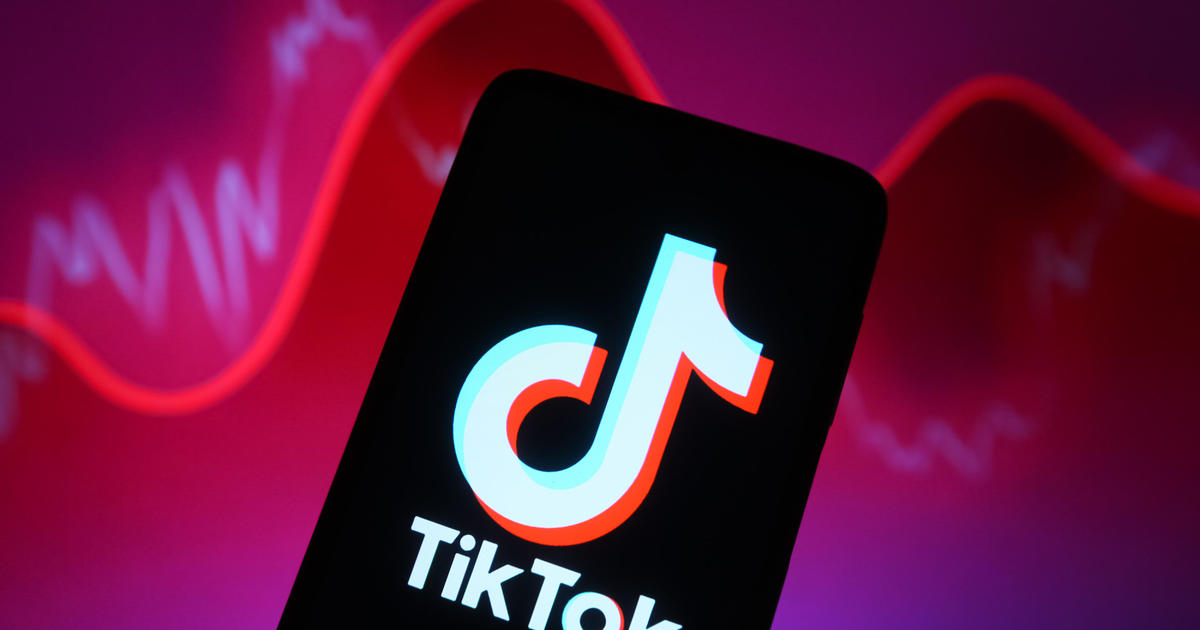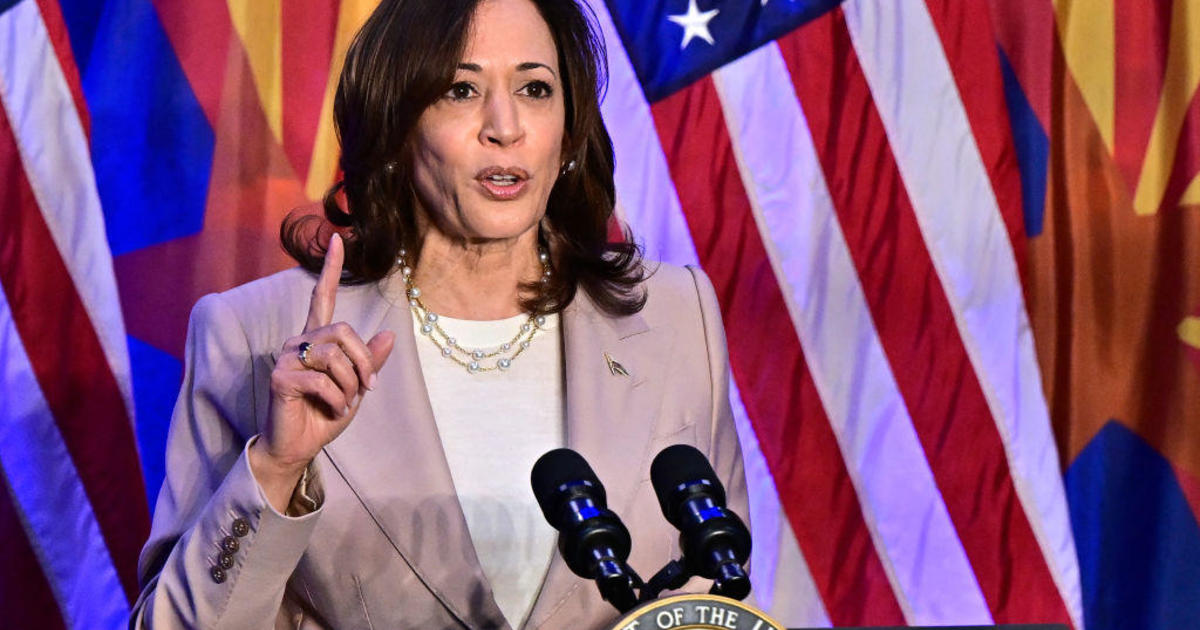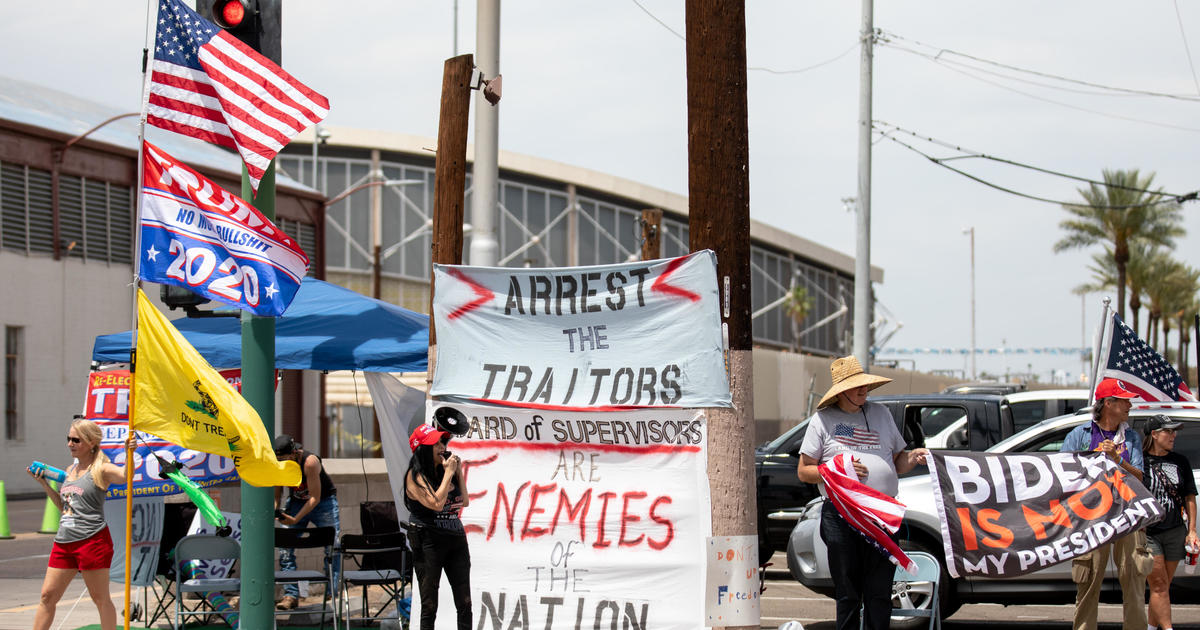Iowa voters say they want to hear more from Democrats on foreign policy
In a campaign cycle that has been dominated by conversations on domestic issues, some Iowa voters say they want 2020 Democratic presidential candidates to talk more about what their foreign policy would look like.
President Trump's decision to remove U.S. forces from Syria earned a rare bipartisan rebuke from top lawmakers on Monday, putting his foreign policy decisions back in the spotlight. And Iowa Democrats and independents say they want their candidates to start getting specific about how they will restore America's standing in the world, deal with China on trade, and wind down military engagements abroad, according to interviews with more than three dozen voters across the Hawkeye State.
Foreign policy is a pocketbook issue in Iowa, where the first contest of the Democratic primary calendar will be held next year. The Hawkeye State, which has approximately 13 million acres of corn and 10 million acres of soybeans, is largely dependent on agriculture, an industry particularly vulnerable to trade wars. In nearly every conversation CBS News had with voters, they expressed their apprehension about the ongoing trade disputes with China, a major importer of American agricultural products.
In Iowa City, Christine Gust, a Democrat, said she's been disappointed with the lack of specific solutions from candidates on an issue she described as "especially important when you think about Iowa."
Before the trade war with China escalated, a bushel of soybeans traded at roughly $11. But as of this week, the price is hovering around $9 a bushel. The average soybean farmer produces about 50,000 bushels each year, so a $2 drop in prices could mean a loss of about $100,000 in revenue.
The impact also trickles down to other sectors of the economy. Farmers who have a large supply of unsold produce in storage tend to hire fewer workers, purchase fewer seeds, and repair farming equipment at a lower rate for the following season.
"Farming is a global business," Gust said, "so we need to hear about that." She said there was some conversation at the last Democratic primary debate in Houston "but there wasn't enough substance."
Trade, however, isn't the only aspect of foreign policy on the minds of Iowa Democrats. Caucus-goers are also criticizing Mr. Trump for what they perceive as a weakening of America's global influence.
Matt McDonald, a 29-year-old who has supported independent candidates the last two cycles, said dealing with foreign affairs "is a big part of being the president and the commander in chief."
"You should be talking about this just as much as you talk about immigration and climate change," McDonald, whose brother just returned from a deployment in Afghanistan, said.
Bill Mauhroff of Rock Island, Iowa said that Mr. Trump "is destroying the relationships that we have been building as a nation for decades." Maurhoff, a retired commercial banker who's voted Democrat his entire life, says America shouldn't be a "policeman to the world."
But others, like 55-year-old Chris Lint, are having a hard time imagining a world where America is no longer the world's only superpower. "We are the world power," Lint said. "To a certain degree, we need to be a police force." Lint said he has two big concerns, "Kim and Putin," referring to North Korean leader Kim Jong Un and Russian President Vladimir Putin.
"We need to quit coddling dictators," Lint said.
Foreign policy, however, is still taking a backseat to domestic issues. Grant Woodard, a former Democratic operative who worked on Hillary Clinton's 2008 Iowa campaign, told CBS News "we're having more of a debate in terms of the economy and how progressive the party really wants to make itself."
Woodard said voters are "mostly focused on healthcare issues and economic issues," and because of that "there is only so much time" that candidates have to present their arguments on foreign policy.
According to Woodard, most Democratic voters agree that China is a rising power, Russia is a threat, and the U.S needs to withdraw from foreign engagements like Afghanistan. But, he said, "I don't think that many caucus goers are necessarily going to have that be the deciding factor in who they're going to support."
While some Democratic candidates have put out relatively detailed plans on how they would approach foreign policy, most have kept their focus elsewhere. "I don't think that they feel the need to really distinguish themselves amongst each other," Woodard told CBS News about the Democrats' foreign policy plans. "I think as you get into a general election, you're always going to hear more about it from a Democratic candidate."
But some Democratic strategists say that talking about foreign policy is a way to attract Democratic voters debating their many options in a crowded field.
John Norris, a longtime Iowa political operative who served as chief of staff for Tom Vilsack during his time as governor of Iowa and Secretary of Agriculture, said he understands "there is a lot of bread-and-butter issues that the candidates want to and need to talk about."
He cautioned, however, that it could be a mistake for the presidential hopefuls to not highlight their views on foreign policy.
"I think it is going to be an issue that Iowa caucus goers and voters in general are going to ask to see more examples of competency," Norris told CBS News. He added that a candidate who can demonstrate "depth on foreign policy has the capacity to win over some Iowa Democratic caucus goers."
"There will be greater expectations of the candidates to share with Iowa Democrats an ability to tackle foreign policy issues," Norris said. "It's just going to be more critical now than it was six months ago."



